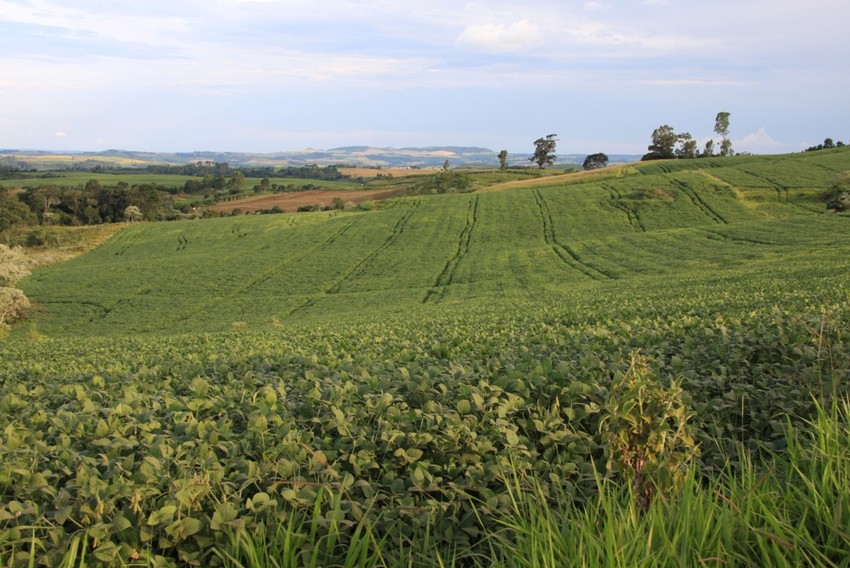
Sustainable from farm to table
KDV’s mission is a pork industry that is sustainable from farm to table. Pork bearing the KDV label is guaranteed to meet strict animal welfare and environmental standards. As a source of pig feed, soy is an important part of the pork chain. According to Jaap de Wit of KDV, “We’re supporting this Solidaridad project because we want to give small farmers a chance to benefit from sustainable production too. By contributing to sustainable economic development in Mozambique, we’re taking responsibility for a sustainable chain”.
More yield from less land
Solidaridad has now trained 2,000 small soy farmers in Mozambique to use sustainable farming methods. As Solidaridad’s Gert van der Bijl explains, “They’ve learned what to do to avoid using chemical pesticides as much as possible, how to combat aridity and erosion, and about sustainable methods to eliminate disease. These techniques are helping farmers to keep their land fertile while boosting production an impressive 40 percent”.
First RTRS-certified African soy
An audit is now under way in Mozambique to determine if the project’s sustainable soy qualifies for RTRS certification. This standard governs responsible pesticide use, respect for local communities’ land rights and preservation of valuable forests and biodiversity, among other things. “We expect to get the certification in early 2017”, De Wit said. “It will be a fantastic milestone: the first RTRS-certified soy in Africa.”
Beyond buying certificates
At present the volume of RTRS on the market is still too low to set up separate trade channels to Western countries. Instead, they can support a sustainable soy chain by buying soy certificates from RTRS-certified farmers, thus compensating their use of non-sustainable soy. “Most RTRS-certified soy comes from large, rich farmers in South America however”, Van der Bijl said, “which means you’re giving money to farmers whose business is already thriving and doing nothing to help out small farmers with too little funds and capacity to make their operations RTRS-proof”. De Wit added, “This project in Mozambique is doing a great deal to secure better incomes for farmers who really need it. After their soy is RTRS-certified, KDV will continue to support them by purchasing their certificates.”
Local sustainability system
The Mozambique project will run until 2018. Van der Bijl said, “We want to be a catalyst for sustainable soy production in Mozambique, but in the end it’s down to the people there to take charge and expand it. Ultimately, our goal is to establish a local sustainability system that can continue on its own steam.”
Learn more about Solidaridad's global soy programme
